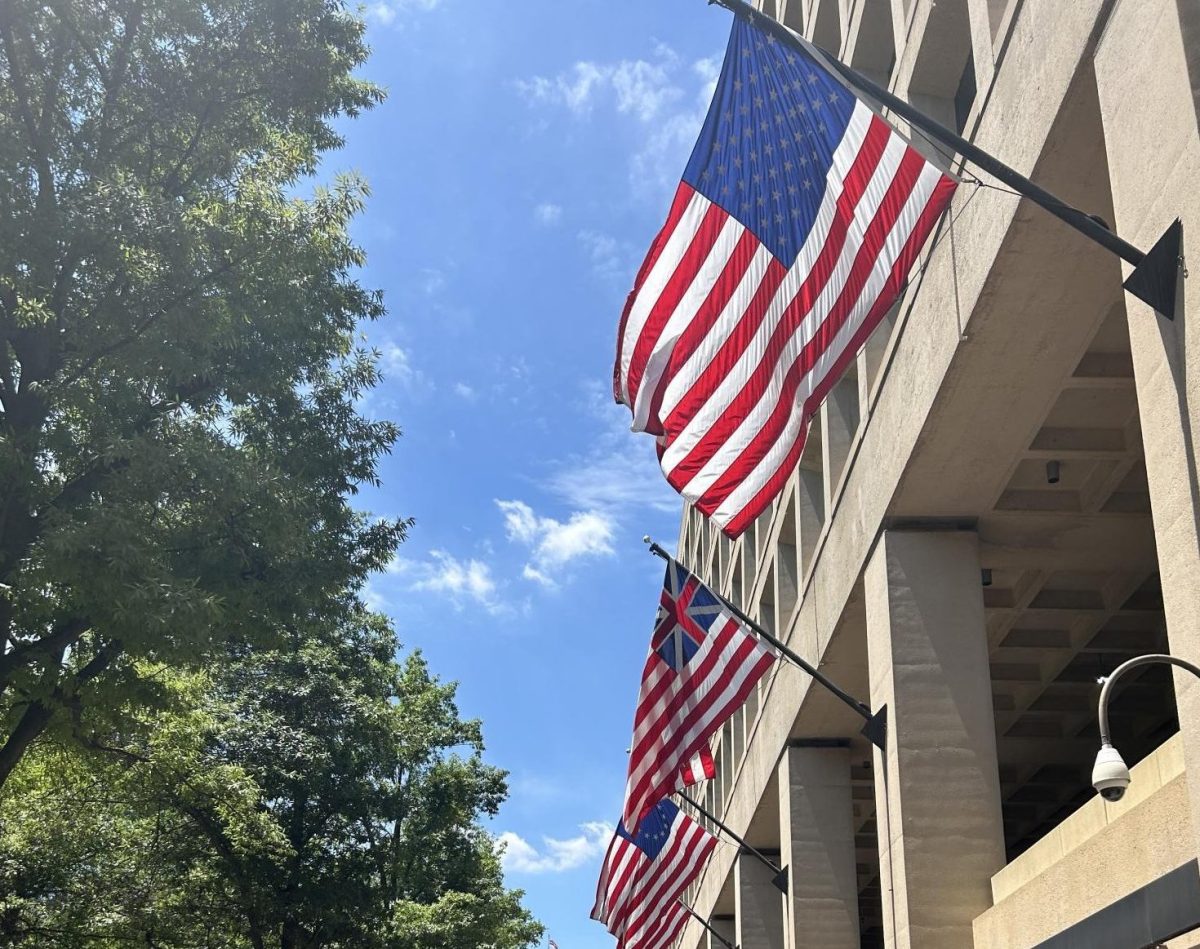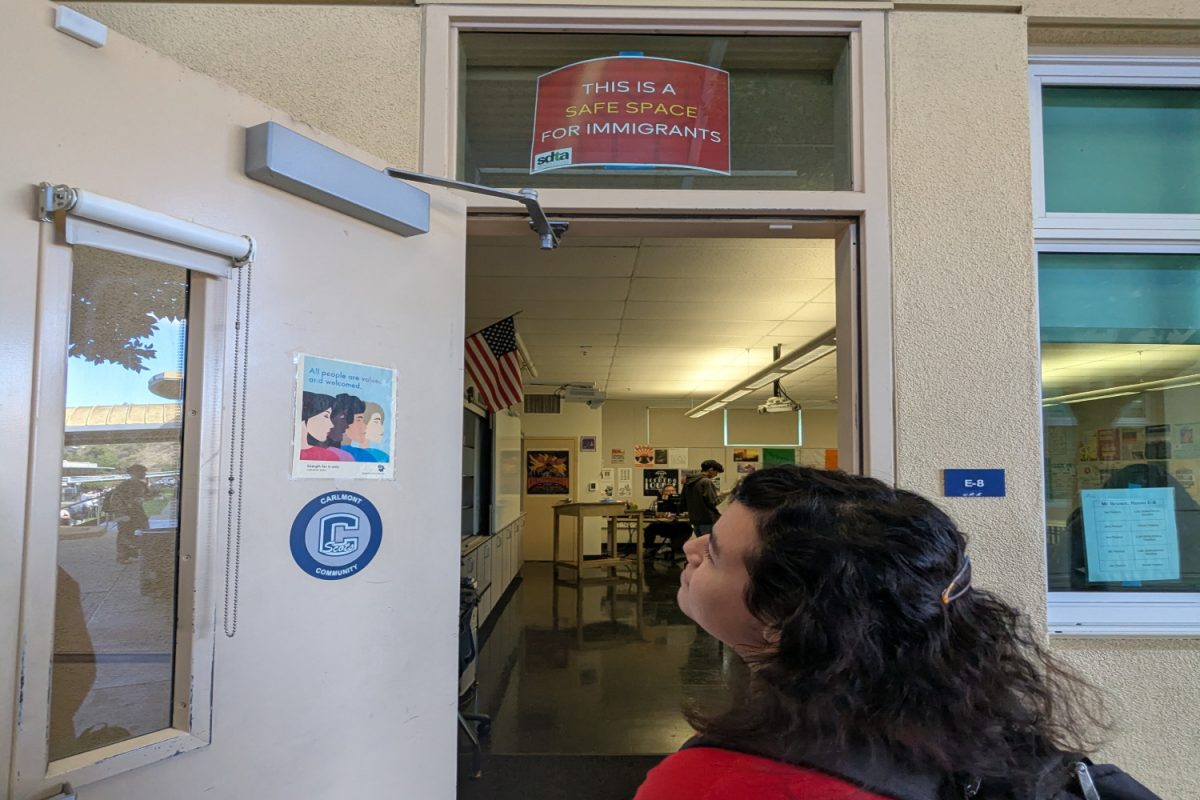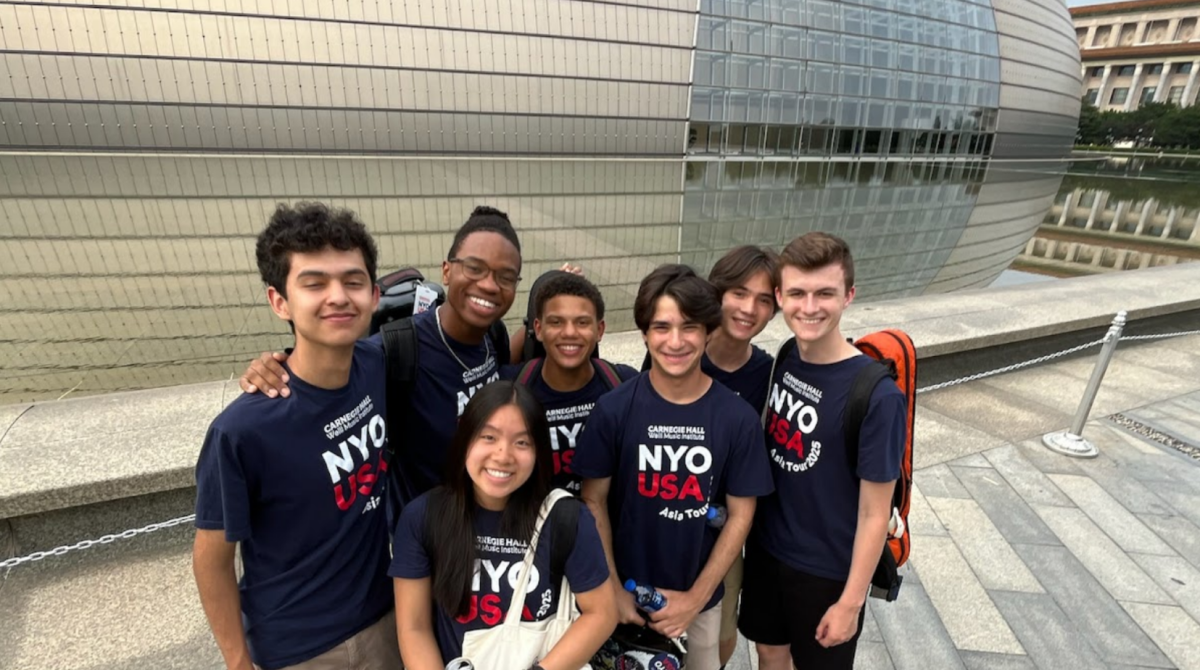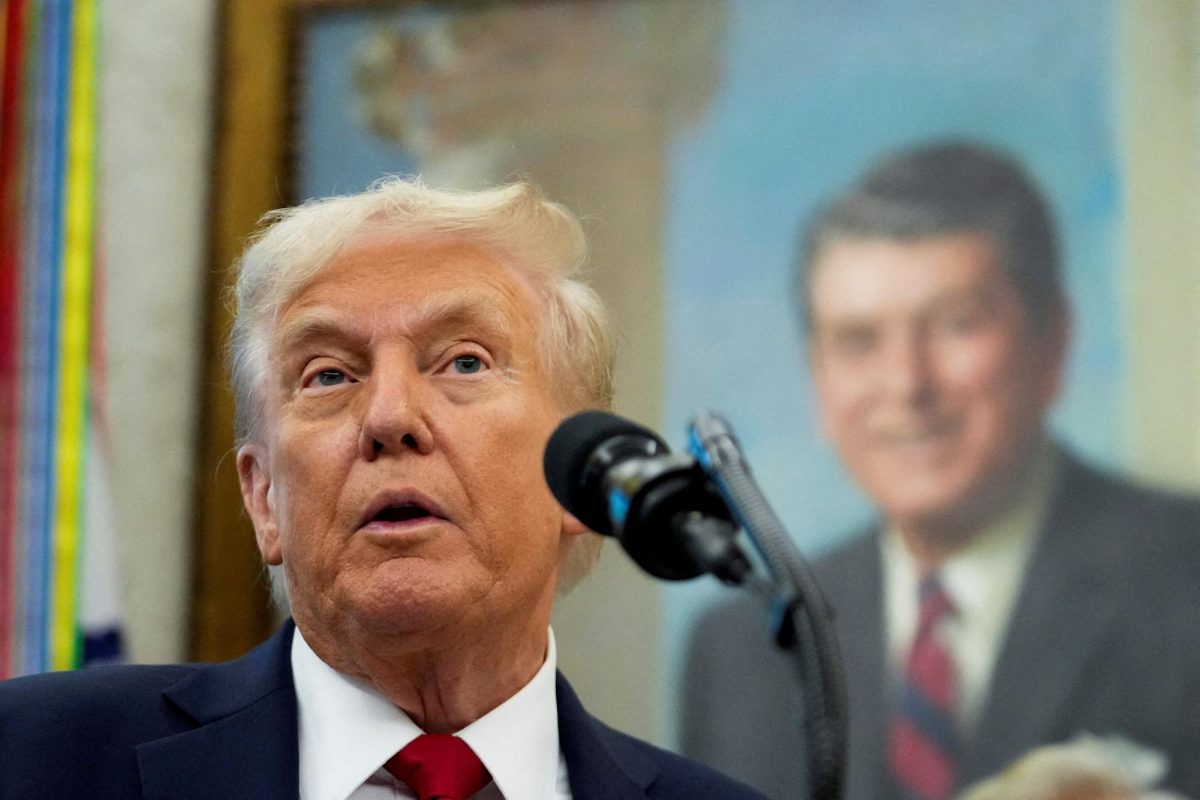President Donald Trump’s administration sent letters last night to nine universities, including Vanderbilt, asking them to sign a 10-point “Compact for Academic Excellence in Higher Education,” according to The Wall Street Journal. The compact lays out a set of guidelines for universities to follow in exchange for “multiple positive benefits” that include “substantial and meaningful federal grants.”
Chancellor Daniel Diermeier told The Hustler that the university is reviewing the compact but declined to comment further.
Demands listed in the document include capping international undergraduate student enrollment at 15%, freezing tuition for five years, requiring applicants to take standardized tests, limiting grade inflation, adhering to strict definitions of gender and banning the use of race or sex in hiring and admissions. The compact also stipulates that universities whose endowment exceeds $2 million per undergraduate student should provide free tuition to students in “hard science” programs.
As of Spring 2025, Vanderbilt has 772 undergraduate and 992 graduate and professional international students, which is below the 15% threshold of undergraduate international students laid out in the compact. Vanderbilt is currently test optional through Fall 2027, meaning applicants are not currently required to submit ACT or SAT scores. Vanderbilt’s $10.2 billion endowment does not exceed the $2 million per undergraduate student threshold for granting free tuition to students studying hard sciences.
In addition to Vanderbilt, letters were sent to Brown University, Dartmouth College, Massachusetts Institute of Technology, the University of Arizona, the University of Pennsylvania, the University of Southern California, the University of Texas at Austin and the University of Virginia. May Mailman, senior adviser for special projects at the White House, told the WSJ that the White House chose these nine universities because it believed they could be good “actors.”
“They have a president who is a reformer or a board that has really indicated they are committed to a higher-quality education,” Mailman said.
William Doyle, professor of public policy and higher education, said the compact follows the historical pattern of the federal government tying funding to policy compliance. He added that university leaders deciding whether to sign the compact need to consider if they can pursue their mission within the constraints of the compact.
Doyle said the novelty in this compact comes from the requirement for university administrators to interfere with academic freedom in a couple of ways. The first requirement he cited was that universities that sign the compact must “use public accountability mechanisms to demonstrate their commitment to grade integrity.”
“This condition subjects faculty decisions about grading to governmental scrutiny and would likely be contrary to the commitments made to academic freedom in university faculty manuals,” Doyle said.
Doyle further added that the compact would require university administrations to interfere with academic freedom in the area of peer review. The compact requires that signatories commit to and seek out a broad spectrum of viewpoints in every area of the university.
“For faculty, this would require judging colleagues for hiring, reappointment or promotion not only on their professional qualifications but also on their ‘viewpoint,’” Doyle said. “Peer review for the purposes of hiring, reappointment and promotion is central to academic freedom, and the compact would place these decisions under government scrutiny — something without recent precedent.”
Doyle emphasized that his comments are made solely in his capacity as an academic researcher and are not about Vanderbilt in particular.
The document also discusses campus political climate and asks schools to abolish departments that “purposefully punish, belittle, and even spark violence against conservative ideas.”
Junior Samuel Bodwell, president of Vanderbilt College Republicans, said he thinks Vanderbilt falls in line with most of the principles and that not much would change for students if Vanderbilt were to sign the compact.
“President Trump is applying his America First agenda in this instance by reframing how universities are treated by the federal government,” Bodwell said. “His opposition to affirmative action and DEI remains a clear priority, and his proposal of freezing tuition will hopefully slow the extreme financial burden students face during and after college.”
In a statement to The Hustler, junior Drew Spiegel, co-president of Vanderbilt College Democrats, urged the university not to sign the compact.
“Our concerns with the compact extend far beyond its specific policies: it’s the principle. While we even agree with some of its policies, specifically the tuition freeze, this is the wrong way to implement institutional changes,” Spiegel said. “What’s at stake is nothing less than the university’s independence from tyrannical federal overreach.”
Spiegel added that he believes the sincerity of the university’s institutional neutrality policy is being tested.
“There is nothing principled or neutral about surrendering to these demands. Does Vanderbilt believe in its own values?” Spiegel said. “We understand the critical importance of federal funding to our university’s mission, but our integrity is not for sale. The moral response to authoritarianism is not appeasement. It is courage.”
According toThe New York Times, the University of Texas at Austin is the only university that has responded to request for comment. The chairman of the university’s Board of Regents told the NYT that the University of Texas system is “honored” to be among the nine universities chosen by Trump.
This story was originally published on The Vanderbilt Hustler on October 2, 2025.






































